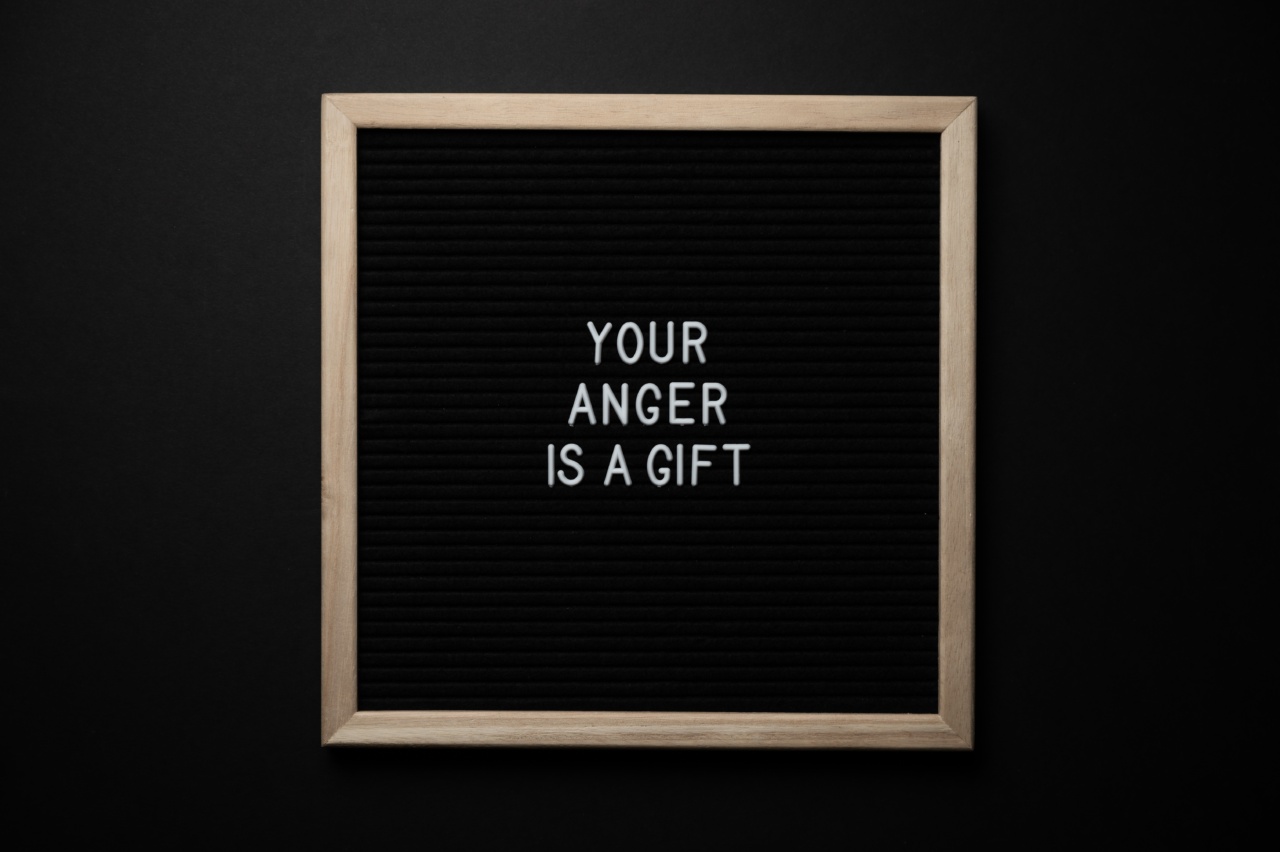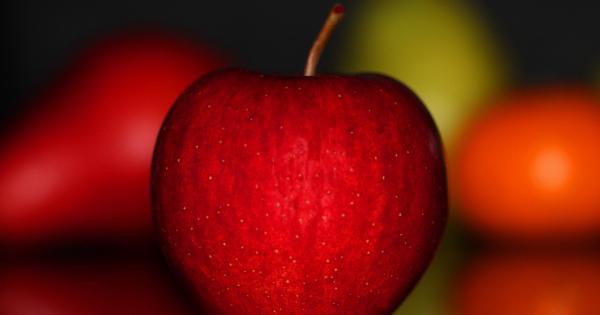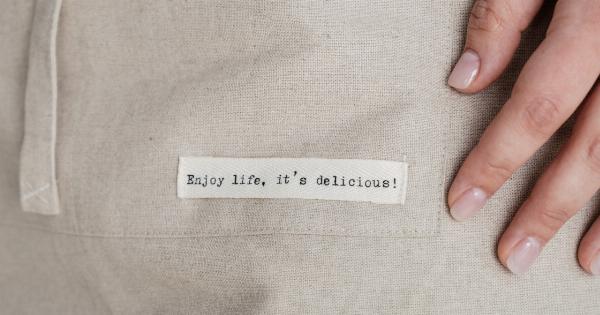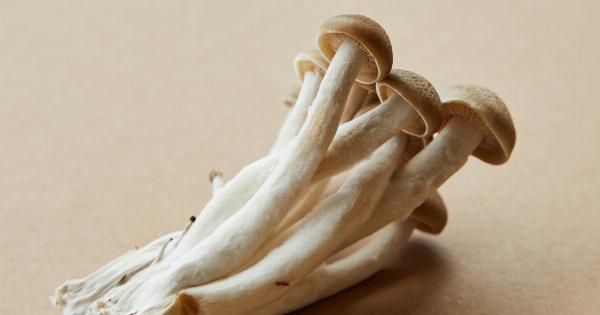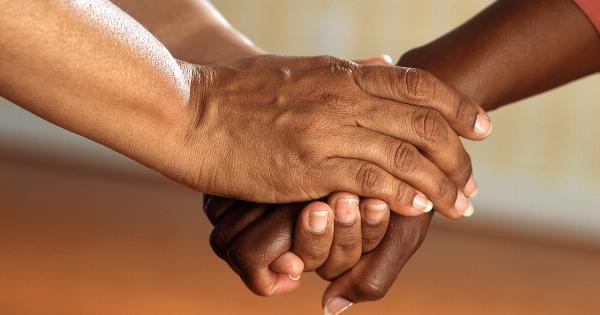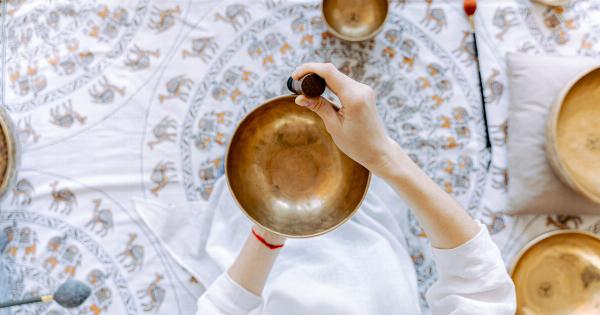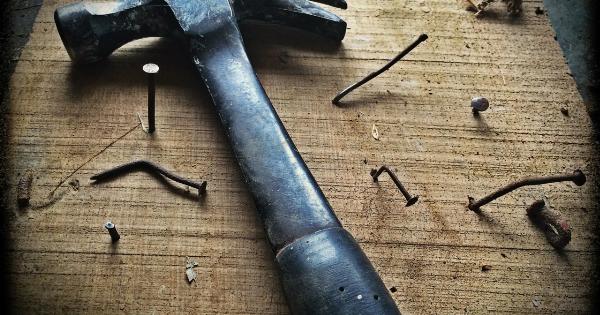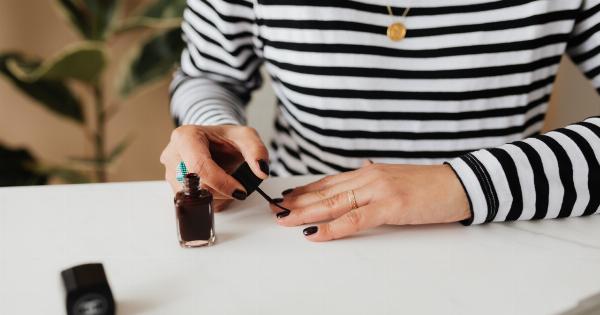Chewing nails, medically known as onychophagia, is a habit that affects many people worldwide. Although it may seem harmless, it can have negative effects on both the appearance and health of your nails.
Nail biting can also increase the risk of infections and other oral health issues. In order to break this habit for good, it is important to understand why people chew their nails in the first place.
The Causes of Nail Biting
Nail biting can have various underlying causes. It can be triggered by stress, anxiety, or even boredom. For some individuals, it becomes a subconscious habit that they engage in without even realizing it.
Identifying the root cause of your nail biting can help you find effective strategies to stop this habit.
The Consequences of Nail Biting
Chewing your nails can have several negative consequences. Firstly, it can lead to the appearance of unsightly and damaged nails. The constant biting causes the nails to become jagged, uneven, and prone to breakage.
This can be particularly frustrating for those who want to maintain healthy and attractive nails.
Nail biting can also result in infections. Your nails harbor bacteria, and when you bite them, you introduce these bacteria into your mouth, increasing the risk of infections. Additionally, nail biting can cause damage to your teeth and gums over time.
The constant pressure and force applied to the teeth can lead to misalignment or even tooth fractures.
Breaking the Nail Biting Habit
Fortunately, there are several strategies that can help you break the habit of nail biting. While it may take time and effort, being persistent and consistent with these techniques will lead to successful results in the long run.
1. Identify Triggers
The first step in stopping nail biting is identifying the triggers that cause you to engage in this habit. Pay attention to the situations or emotions that make you more likely to chew your nails.
This awareness can help you develop alternative coping mechanisms or strategies.
2. Keep Your Nails Trimmed
Keeping your nails neatly trimmed and filed can reduce the temptation to bite them. Short nails are less likely to get caught in your teeth, making it more difficult to chew on them.
3. Apply a Bitter-Tasting Nail Polish
There are specific nail polishes available that have a bitter taste, designed to discourage nail biting. When you apply this polish on your nails, the unpleasant taste acts as a deterrent, reminding you to keep your fingers away from your mouth.
4. Replace the Habit
Instead of biting your nails, try to replace the habit with a healthier alternative. For example, you can chew sugar-free gum, squeeze a stress ball, or engage in other activities that keep your hands busy.
Finding a substitute habit will redirect your focus away from nail biting.
5. Practice Relaxation Techniques
Since stress and anxiety are common triggers for nail biting, practicing relaxation techniques can be beneficial.
Deep breathing exercises, meditation, yoga, or even engaging in a hobby that you enjoy can help reduce stress levels and prevent the urge to bite your nails.
6. Seek Support
If you find it difficult to stop nail biting on your own, consider seeking support from friends, family, or a support group.
Talking about your struggles and sharing your progress with others who are going through a similar journey can provide encouragement and motivation.
7. Use Reward Systems
Implementing a reward system can be an effective way to reinforce positive behavior. Set specific goals and reward yourself each time you successfully avoid nail biting for a certain period.
Celebrating your accomplishments along the way will boost your motivation to quit for good.
8. Practice Good Nail Care
Taking care of your nails can make them less tempting to bite. Regularly moisturize your cuticles and use hand creams to keep your skin soft and hydrated.
You can also consider getting regular manicures or applying nail wraps to strengthen your nails and make them look more appealing, increasing your desire to preserve their beauty.
9. Cover Your Nails
Physical barriers can serve as a reminder to avoid nail biting. Consider wearing gloves or applying adhesive bandages to cover your nails. This will make it more difficult to unconsciously bring your fingers to your mouth.
10. Keep a Nail Care Journal
Maintaining a nail care journal can help you track your progress and identify patterns. Record your goals, successes, and setbacks. This journal can serve as a visual representation of your journey towards breaking the nail biting habit.
Conclusion
Chewing nails is a common habit that affects many people, but it can be overcome with determination, patience, and the use of appropriate techniques.
By understanding the causes and consequences of nail biting, you can implement strategies to effectively break this habit. Remember that breaking any habit takes time, so be gentle with yourself and stay committed to achieving nail-biting-free nails.
